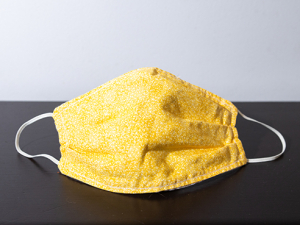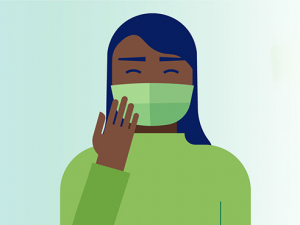'UAB This Week' makes its debut
Learn about mental health resources available Oct. 5
Representatives will be there to answer questions about local nonprofits and onsite depression screenings will be offered 11 a.m.-1 p.m.
UAB Meadow Classroom to open Sept. 25 in Red Mountain Park
After two years, more than 600 UAB volunteers and 2,400-plus hours of work, Red Mountain Park’s UAB Meadow Classroom will open.
Webinar for managers to introduce UAB’s new onboarding program
Becoming a Blazer provides tools and resources necessary to welcome, direct and train new employees.
Hill Student Center announces new user and service rates
Effective Aug. 28, UAB Hill Student Center will assess fees for the use of its meeting and event rooms for all departments, organizations and groups — except registered student organizations.
UAB Family Night with the Barons returns Aug. 29
See the new UAB Football Operations Center Aug. 18
Join UAB Football coaches, student-athletes, university administrators and supporters for a public reveal of the new facility at 9 a.m.
UAB Family Night at Regions Field is July 11
Faculty and staff can purchase discounted tickets to see the Birmingham Barons take on the Mobile Bay Bears.
Seven honored as Outstanding Women for 2015
Each year during Women’s History Month, UAB honors women who have mentored or served other women, taken a courageous stance or overcome adversity to achieve a goal.









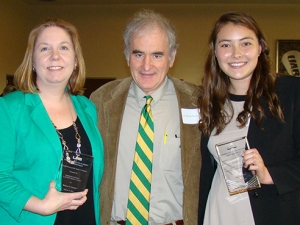






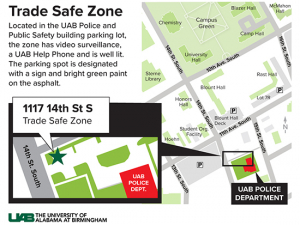


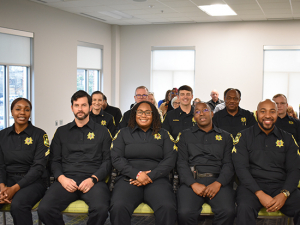


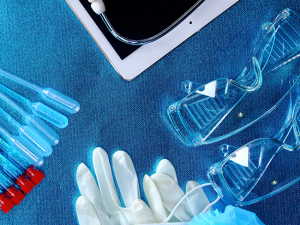











 UAB is committed to fostering a safe and inclusive environment for all Blazers. From mobile apps to bus escort services to B-Alerts and more, make sure you’re up to date on all the ways to stay safer on campus.
UAB is committed to fostering a safe and inclusive environment for all Blazers. From mobile apps to bus escort services to B-Alerts and more, make sure you’re up to date on all the ways to stay safer on campus.

